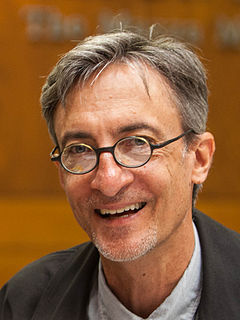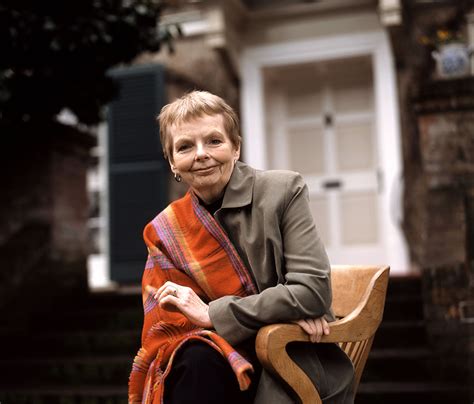A Quote by Helene Hanff
My problem is that while other people are reading fifty books I'm reading one book fifty times. I only stop when at the bottom of page 20, say, I realize I can recite pages 21 and 22 from memory. Then I put the book away for a few years.
Related Quotes
When people say, "I've told you fifty times," They mean to scold, and very often do; When poets say, "I've written fifty rhymes," They make you dread that they'll recite them too; In gangs of fifty, thieves commit their crimes; At fifty love for love is rare, 't is true, but then, no doubt, it equally as true is, a good deal may be bought for fifty Louis.
I began writing books after speaking for several years and I realize that when you have a written book people think that you're smarter than you really are if I can joke. But it's interesting. People will buy your book and hire you without reading the book just because you have a book and you have a book on a subject that they think is of interest to themselves or e to their company.
There is only one way to read, which is to browse in libraries and bookshops, picking up books that attract you, reading only those, dropping them when they bore you, skipping the parts that drag-and never, never reading anything because you feel you ought, or because it is part of a trend or a movement. Remember that the book which bores you when you are twenty or thirty will open doors for you when you are forty or fifty-and vise versa. Don’t read a book out of its right time for you.
I read continually and don't understand writers who say they don't read while working on a book. For a start, a book takes me about two years to write, so there's no way I am depriving myself of reading during that time. Another thing is that reading other writers is continually inspiring - reading great writers reminds you how hard you have to work.
The other book that I worry no one reads anymore is James Joyce's Ulysses. It's not easy, but every page is wonderful and repays the effort. I started reading it in high school, but I wasn't really able to grasp it. Then I read it in college. I once spent six weeks in a graduate seminar reading it. It takes that long. That's the problem. No one reads that way anymore. People may spend a week with a book, but not six.
I believe in books. And when our people [coughing] - our people of Jerusalem, let's say after the Romans destroyed the temple and the city, all we took is a little book, that's all. Not treasures, we had no treasures. They were ransacked, taken away. But the book - the little book - and this book produced more books, thousands, hundreds of thousands of books, and in the book we found our memory, and our attachment to that memory is what kept us alive.






































